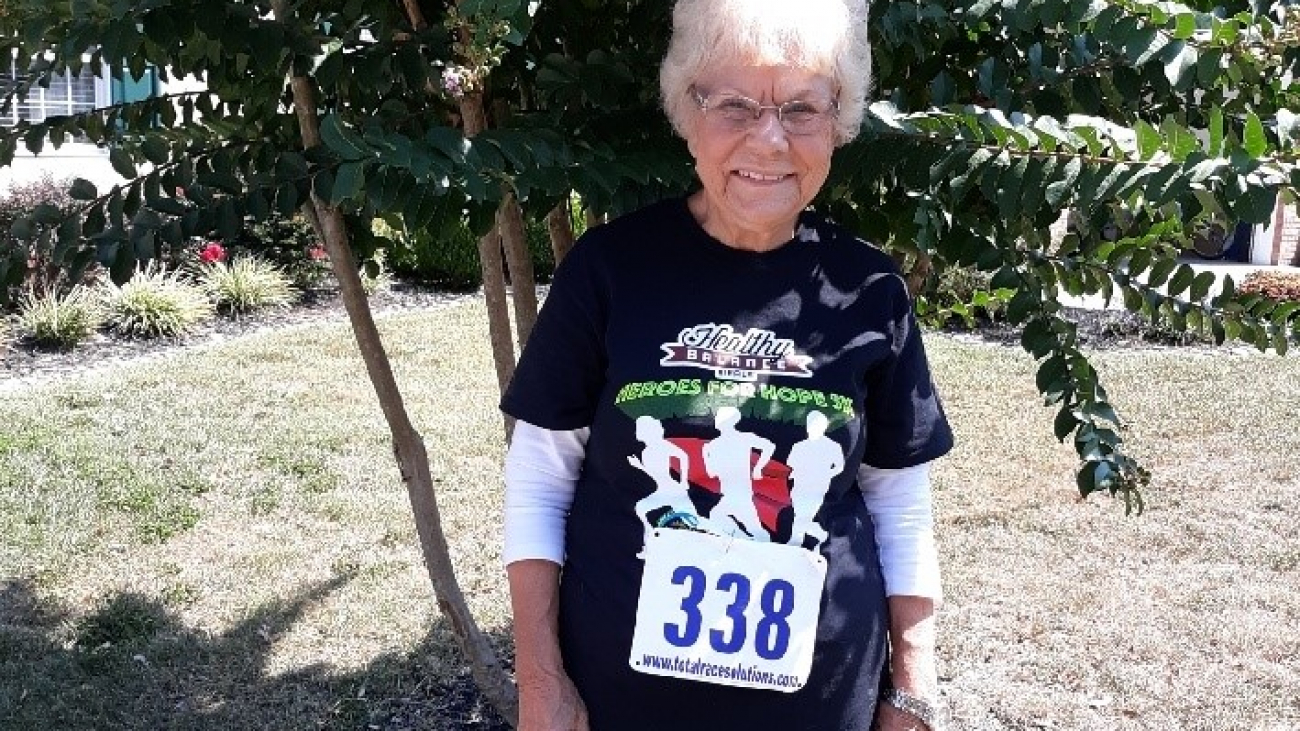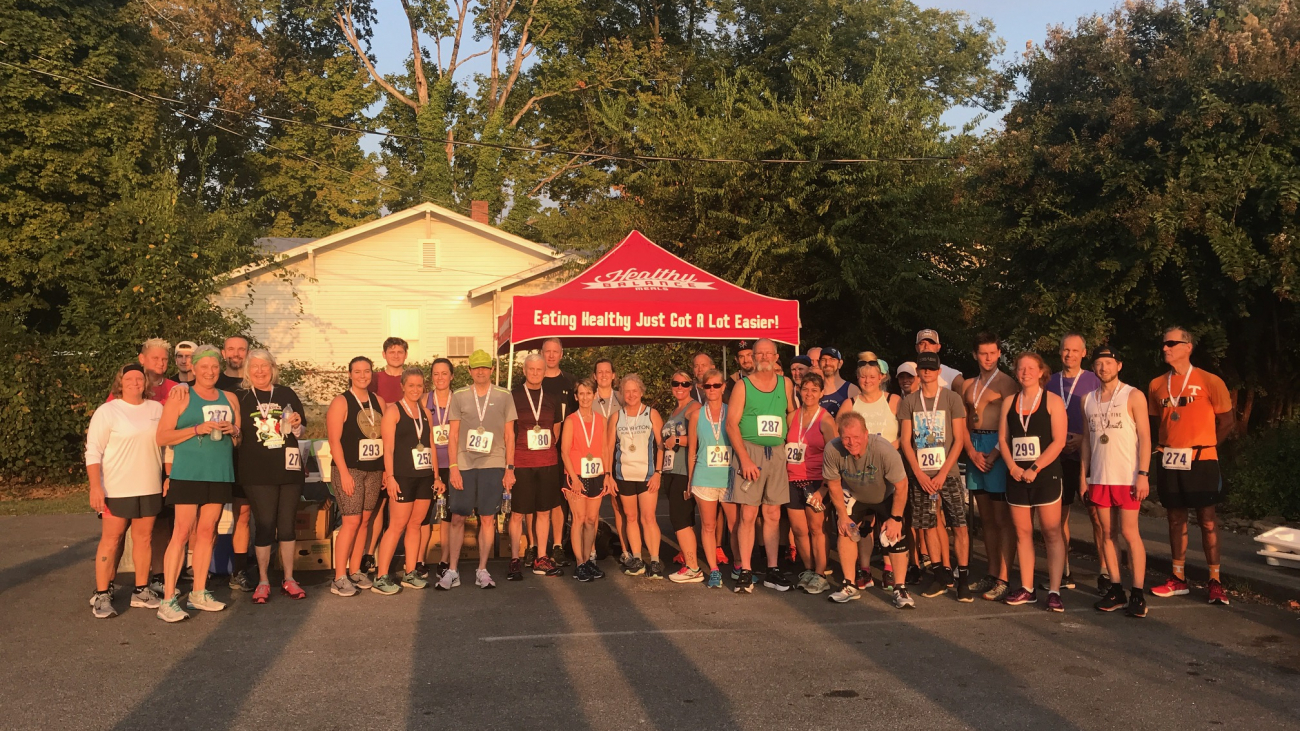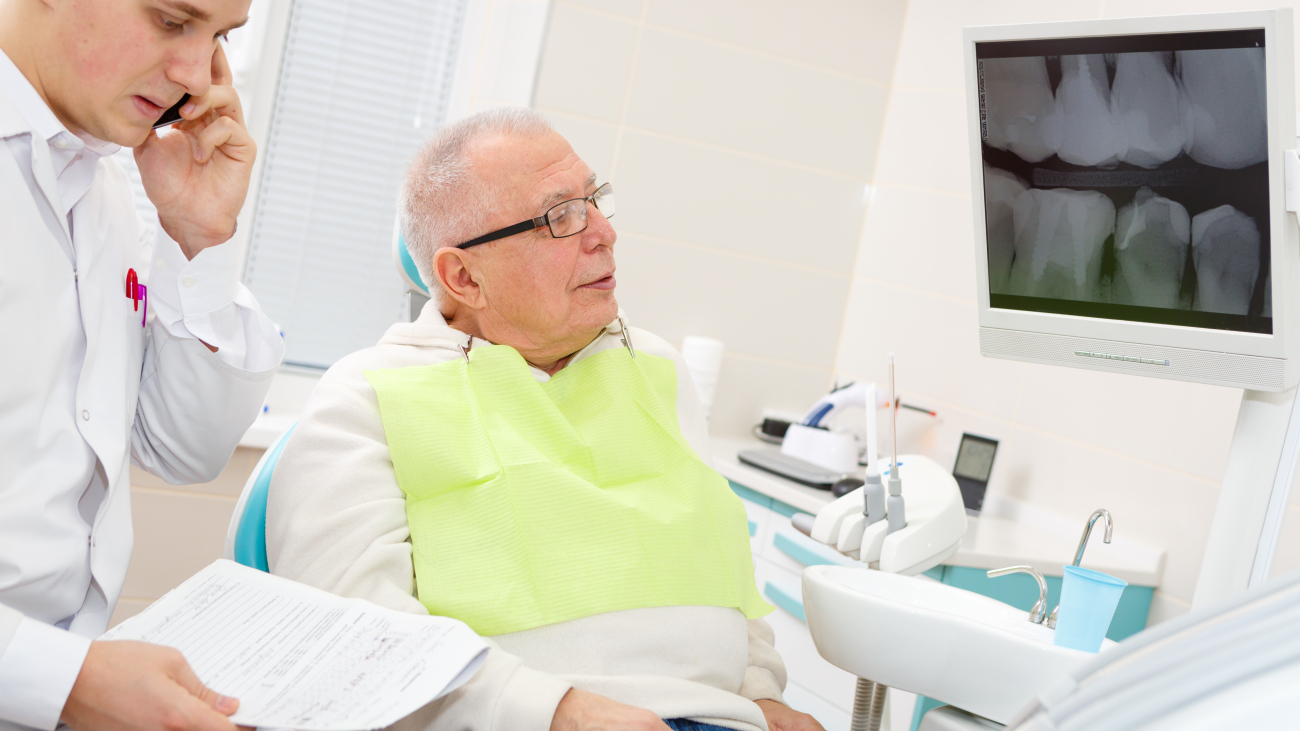Hepatitis A is a fairly common and highly contagious virus that infects the liver. It can hit you hard — or you may not know you’ve had it.
“It’s declined greatly in the United States because of immunization,” says Jason Brackins, Mountain Hope Good Shepherd Clinic’s physician’s assistant. Yet he has seen three or four cases of it so far this year.
It’s spread orally and via fecal material. If someone working with food does not wash his hands after going to the bathroom, the virus can spread via contaminated food. Touching, sexual contact, contaminated water and injectable drugs also spread Hepatitis A. It does not spread through the air.
Symptoms include sudden nausea, vomiting, fatigue and abdominal pain. “It hits you like a stomach virus,” Jason says. The sneaky virus, however, takes 15 to 50 days before the symptoms appear – in fact, no symptoms may appear – but it’s contagious well before the symptoms show. Most cases are over in one to two weeks, but fever, jaundice and an enlarged liver are indications of more serious cases that may take longer to get over.
Humans are the only known carrier. The potential for the Hepatitis A virus to spread is greatest where lots of people spend time close together: in day care centers (think dirty diapers), prisons and the military. Homeless communities also fall victim to it because they lack washing facilities.
A big event, for example where Port-A-Potties are used and hand washing isn’t always easy, is another cause for concern, Jason says. And one food worker who does not wash hands thoroughly and does not wear gloves to handle food can contaminate lots of people.
You can treat the symptoms but not Hepatitis A itself, he says.“You try to ride it out.”
“The key to protection is … hand washing,” he says. Also, immunizations are available. They are recommended for health care workers and for those in the food industry, as well as for family members of Hepatitis A patients and a few other categories.
Sevier County Health Department has done much to vaccinate against Hepatitis A locally, says Deborah Murph, the Clinic’s executive director. A majority of the 174 people who attended the Clinic’s health fair in June opted to be vaccinated by Health Department staff after learning about Hepatitis A. “We are grateful the Health Department provided the vaccine during the health fair,” Deborah said.








